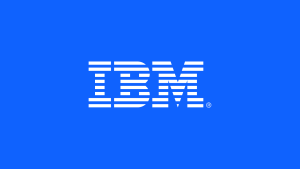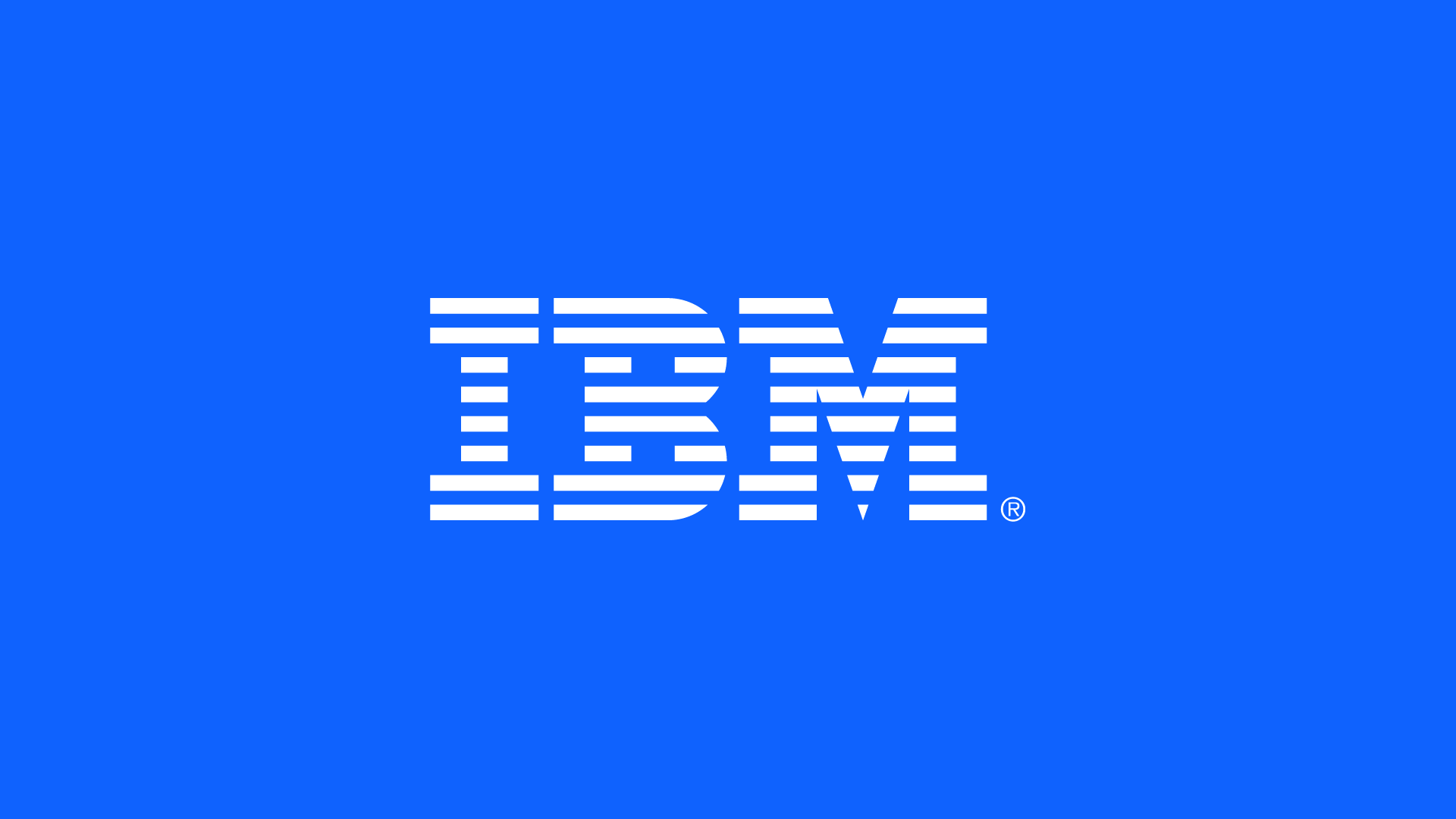In an era of globalization, many American companies are expanding their reach beyond their borders to tap into the vast potential of emerging markets. One such market that has witnessed significant attention is India. Known for its diverse culture, rapidly growing economy, and population of over a billion people, India presents both challenges and opportunities for foreign businesses. In this article, we will explore 10 American companies that have successfully made their mark in the Indian market.
1. McDonald’s: A Global Fast-Food Giant with an Indian Twist

McDonald’s, the iconic American fast-food chain, entered the Indian market in 1996. Recognizing the diverse culinary preferences of Indians, McDonald’s adapted its menu to include a variety of vegetarian options such as the McAloo Tikki and the McSpicy Paneer. By catering to local tastes while maintaining its global standards, McDonald’s has become a popular choice among Indian consumers.
2. Amazon: Revolutionizing E-Commerce in India

Amazon, the e-commerce giant, ventured into the Indian market in 2013, facing stiff competition from local players. However, through strategic investments, innovative offerings, and a customer-centric approach, Amazon quickly gained traction. The company has not only transformed the way Indians shop online but has also invested heavily in building a robust logistics infrastructure to serve the vast and diverse Indian market.
3. Microsoft: Empowering Indian Businesses with Technology

Microsoft, a pioneer in the tech industry, has been an integral part of India’s digital transformation. With initiatives like ‘Digital India’ gaining momentum, Microsoft has collaborated with Indian businesses to provide cloud services, AI solutions, and software development tools. The company’s commitment to empowering local enterprises aligns with India’s vision of becoming a digital powerhouse.
4. Coca-Cola: Quenching Thirsts Across the Nation
![]()
Coca-Cola, a symbol of American culture, has successfully established its presence in India’s beverage market. Adapting to local preferences, Coca-Cola introduced products like Thums Up and Maaza, which have become household names. The company’s ability to understand and integrate Indian flavors into its product offerings has contributed to its widespread acceptance.
5. Google: Bridging Gaps in Information Access

Google, the tech giant renowned for its search engine, has played a crucial role in connecting Indians to the vast world of information. With initiatives like Google Station, aimed at providing free Wi-Fi in public spaces, and the ‘Next Billion Users’ project, focusing on creating products for users in emerging markets, Google has become an integral part of India’s digital landscape.
6. Procter & Gamble: Meeting Diverse Consumer Needs

Procter & Gamble (P&G), a multinational consumer goods company, has successfully tailored its products to cater to the diverse needs of the Indian consumer. Brands like Gillette, Pampers, and Tide have become staples in Indian households. P&G’s understanding of local preferences and commitment to product innovation has contributed to its sustained success in the Indian market.
7. IBM: Driving Innovation in India’s IT Sector

International Business Machines Corporation (IBM), a global leader in technology and consulting, has played a pivotal role in shaping India’s IT landscape. Through collaborations with Indian businesses and government initiatives, IBM has contributed to the development of advanced technologies such as blockchain and artificial intelligence. The company’s commitment to skill development has also helped in creating a pool of talented professionals in the country.
8. Uber: Transforming Transportation in Indian Cities

Uber, the American ride-sharing platform, entered the Indian market in 2013, facing fierce competition from local players. However, by adapting its services to local needs, offering affordable options like UberAuto and Uber Moto, and implementing cash payments, Uber has successfully transformed urban transportation in India. The company’s focus on safety and convenience has resonated well with Indian consumers.
9. Apple: Redefining Premium Technology Experience

Apple, known for its premium products, has carved a niche for itself in the Indian market. Despite the price-sensitive nature of the market, Apple’s commitment to quality and innovation has attracted a dedicated customer base. The company’s retail presence, coupled with localized marketing strategies, has contributed to its success in a market dominated by Android devices.
10. Walmart: Merging Global Expertise with Local Partnerships

Walmart, the retail giant, made a significant impact on the Indian market with its acquisition of Flipkart, one of India’s leading e-commerce platforms. This strategic move allowed Walmart to leverage Flipkart’s local expertise while integrating its global supply chain capabilities. The synergy between a global retail giant and a homegrown e-commerce platform has strengthened Walmart’s position in India.
The success stories of these American companies in India highlight the importance of understanding and adapting to local nuances. Whether through menu customization, technological innovation, or strategic partnerships, these companies have navigated the complexities of the Indian market and emerged as key players in their respective industries. As India continues to be a crucial market for global businesses, the experiences of these companies offer valuable insights for others aspiring to make a mark in this dynamic and diverse economy.



